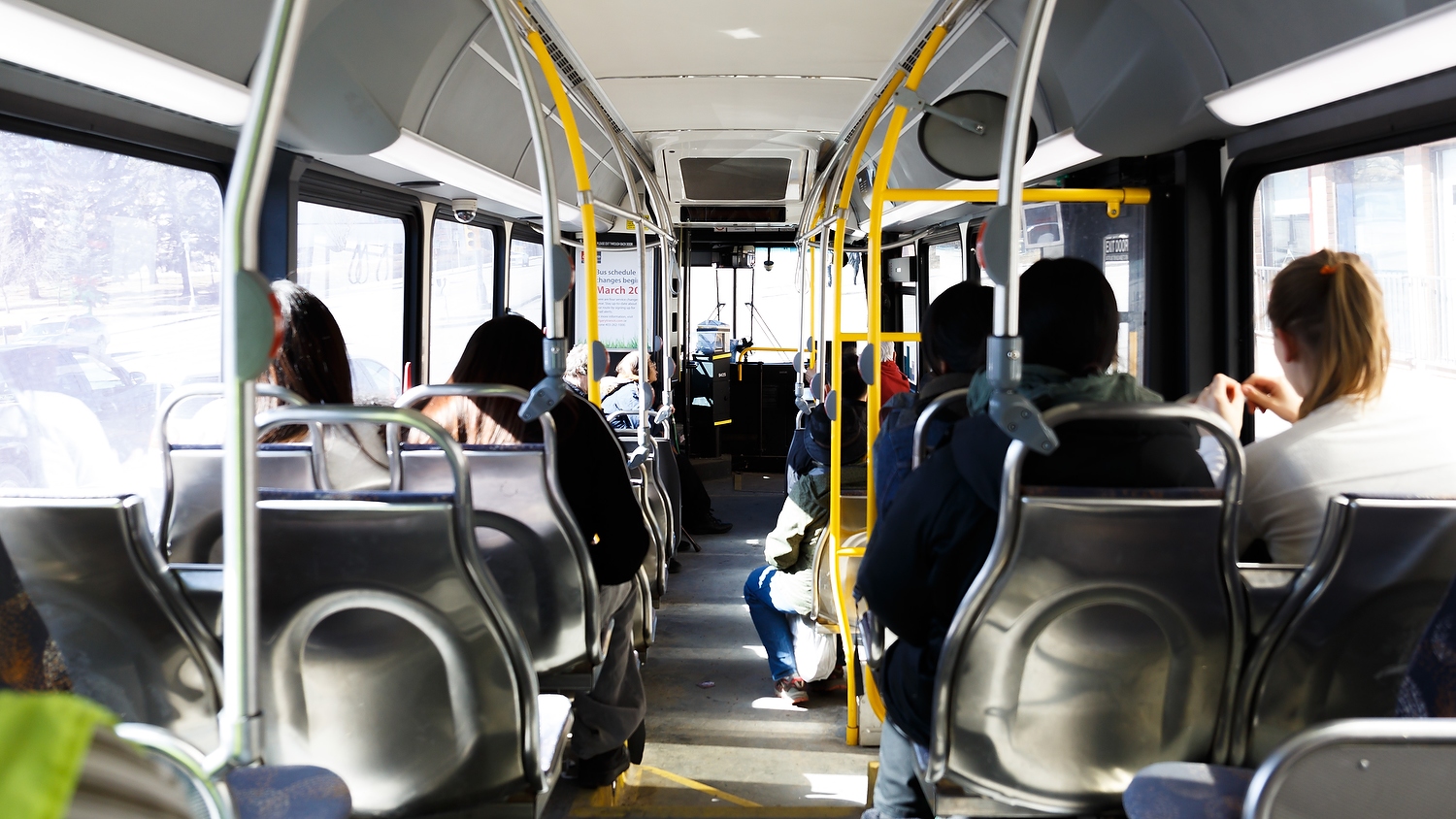
A $33 million hole in the public transit budget is spurring calls from Calgary City Council for other levels of government to get on board when it comes to providing their fair share of funding.
It was Calgary Transit’s turn to appear before council Wednesday on day three of budget deliberations as the agency anticipates the massive shortfall.
Making part of that shortfall is Calgary Transit’s low-income transit pass program. It’s why the agency is requesting a one-time payment of $19 million to continue it in 2025.
“If we don’t get that funding, we’ll have to look at a variety of different options,” says Calgary Transit director Sharon Fleming. “One might be service reductions.”
Fleming said the agency could also turn to a 14 per cent increase in fares.
The increase in cost is being attributed to more people not only qualifying for the low-income transit pass due to a rise in the cost of living, but also more people moving to the city and applying for it.
Even if the one-time funding request is approved by council, it remains unclear how the program will be funded past 2025 if more people continue to rely on it.
“Low-income supplement is not our responsibility and yet we take it on because we will not let Calgarians suffer because another order of government isn’t doing their share,” says Mayor Jyoti Gondek.
Coun. Andre Chabot says he would like to see the low-income pass completely covered off by other levels of government.
“We don’t get any income tax as an order of government, and it is all directly tied to income,” says Chabot. “Federal government gets income tax, provincial government gets income tax. This is income based.”
The provincial government already provides $6.2 million towards the program, with the province telling CityNews last week they have no plans to increase funding for it.
In a statement to CityNews Wednesday, the federal government says they are “not in the business of funding operational costs for transit.”
Calgary Transit is also asking the city for $13 million more in 2025 for base operating funding to make up the shortfall in revenue.
According to Calgary Transit, while ridership continues to increase ,the frequency at which people take public transit is changing with the switch by many to hybrid work. They change to working from home a few days a week impacts how much money they can collect.
“The deal was that municipalities would take care of core services, but that we would do it in partnership with the other two orders of government who are enjoying the amount of income tax that they are collecting from our city,” says Gondek.
Budget deliberations will continue throughout the week.